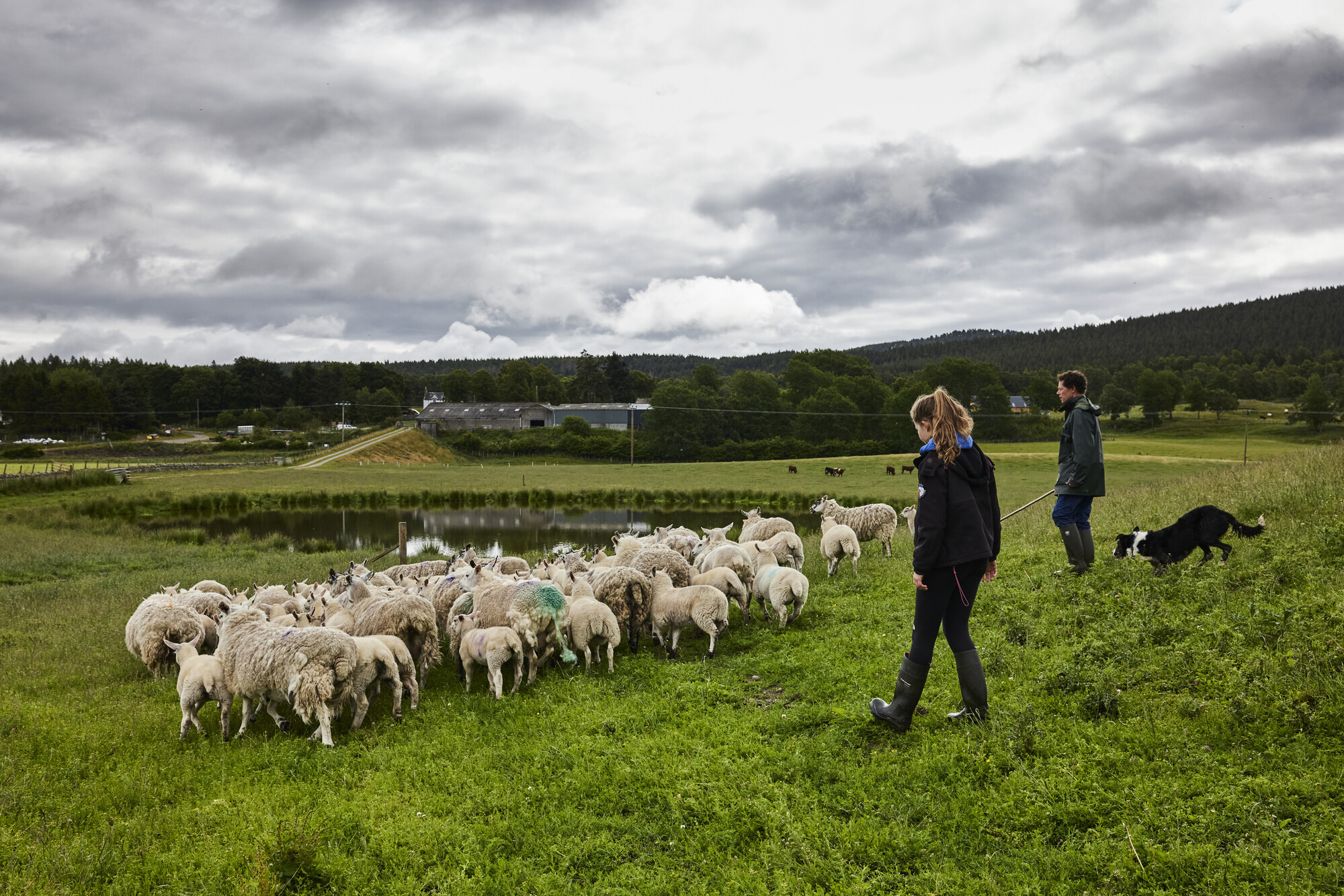Farming and land management

The Cairngorms National Park covers 452,000 ha of land, with around 75% being privately owned by individuals or trusts. This includes over 150 different landholdings - ranging from less than 100 hectares to over 40,000 - and in excess of 600 registered agricultural businesses.
To achieve our aims for nature in the National Park and to support a vibrant land management sector in the Cairngorms, everything we do must be delivered in partnership. This ranges from working with six large estates on sustainable moorland management via the East Cairngorms Moorland Partnership, to exploring low carbon farming techniques via our Cairngorms Future Farming project, and working with farmers and crofters via the Cairngorms Agricultural Advisory Group.
The Park Authority and its partners are taking forward a range of activities to support farmers and land managers within the National Park, some of which are summarised below.
Featured
Wildlife
The Cairngorms National Park is home to a quarter of the UK’s rare and endangered species. Its rich habitats are a haven for an array of wildlife, from iconic birds to elusive plants and flowers.
Need to know
Everything you need to know on how you can help to take care of the National Park on your visit.
What we do
From pioneering conservation projects to community engagement and active travel, find out more about the range of work happening across the National Park.




